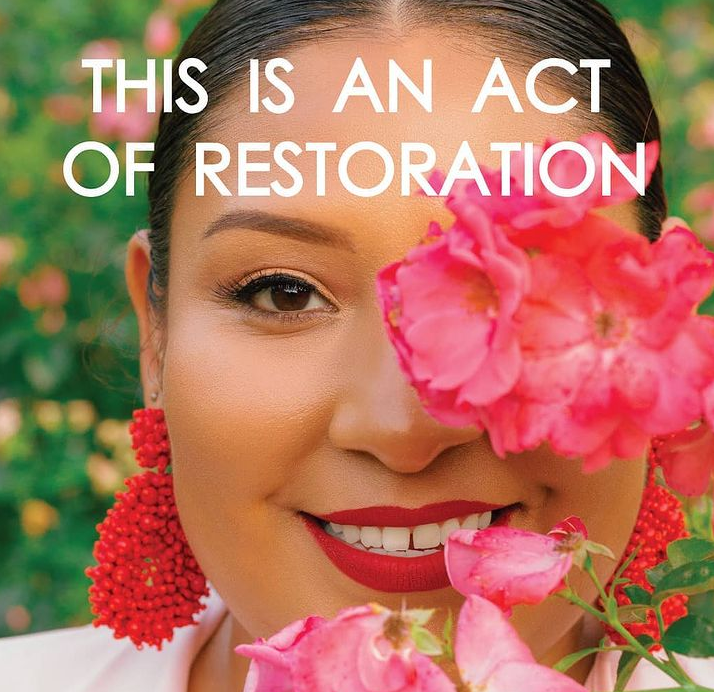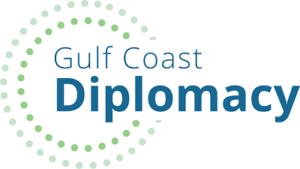On January 12th, 2021, Gulf Coast Diplomacy hosted the first Small World Cafe of the new year with guest speakers, Shana Inofuentes and Monica Flores, of The Quechua Project. The two co-founders shared the group’s goal of reinvigorating the endangered Quechua language by expanding its community of speakers to younger generations. As the official language of the Incan empire, the Quechua-speaking people have a rich history and cultural community that has persevered over centuries.
Based out of the Bolivian DMV (District of Columbia, Maryland, and Virginia), this non-profit operates in a unique way to engage younger generations to practice the indigenous Quechua language through social media platforms. The group has primarily used Instagram, focusing on features such as Instagram stories, to share the progress of those in their community and promote interactive ways to learn the language. This model approach has allowed for innovative ways to ensure the community stays active and interconnected during the COVID-19 pandemic.
In response to the unprecedented challenges of this past year, the community has shown its continued resilience despite being unable to reconnect through its traditional cultural festivals. As co-founder Shana Inofuentes put it, there is a new need for the community to transition from a physical space to virtual space as a way of maintaining a connection. The Quechua Project has continued to encourage language learning and outreach to younger generations through utilizing platforms such as Instagram. In this way, the group has incorporated modern technology in their mission to counteract the history of native erasure of the Quechua people through intergenerational language-learning initiatives.
Gulf Coast Diplomacy facilitated a conversation amongst the participants and guest speakers by introducing one-on-one discussions with each of the co-founders. Within these conversations, topics roamed from the Quechua project’s grassroots approach to protecting an indigenous language to how one might address historical discrimination and disassociation from their native culture. The two speakers described the importance of listening to community members and elders to begin the process of intergenerational healing.
Over the course of their talk, it was apparent that the passion and love for this language and community of Quechua speakers drive the work in ensuring its survival. The Quechua Project has formed a novel, 21st century approach to addressing linguistic oppression and native erasure. In reflecting upon historical struggles, the group engages those across generational divides to ensure the survival of their language and cultural traditions.
– Eden Davenport, Youth Diplomat alumna

